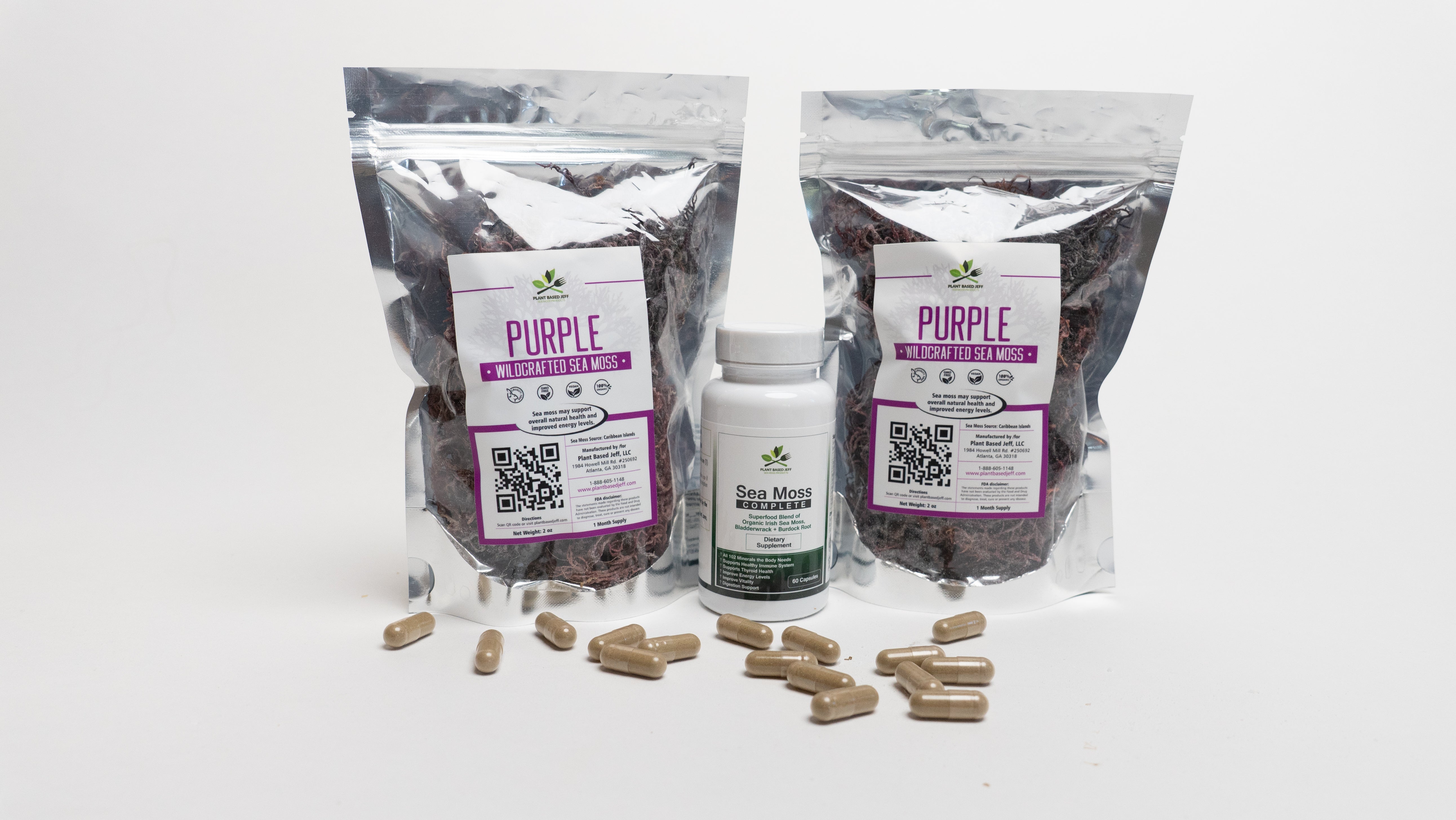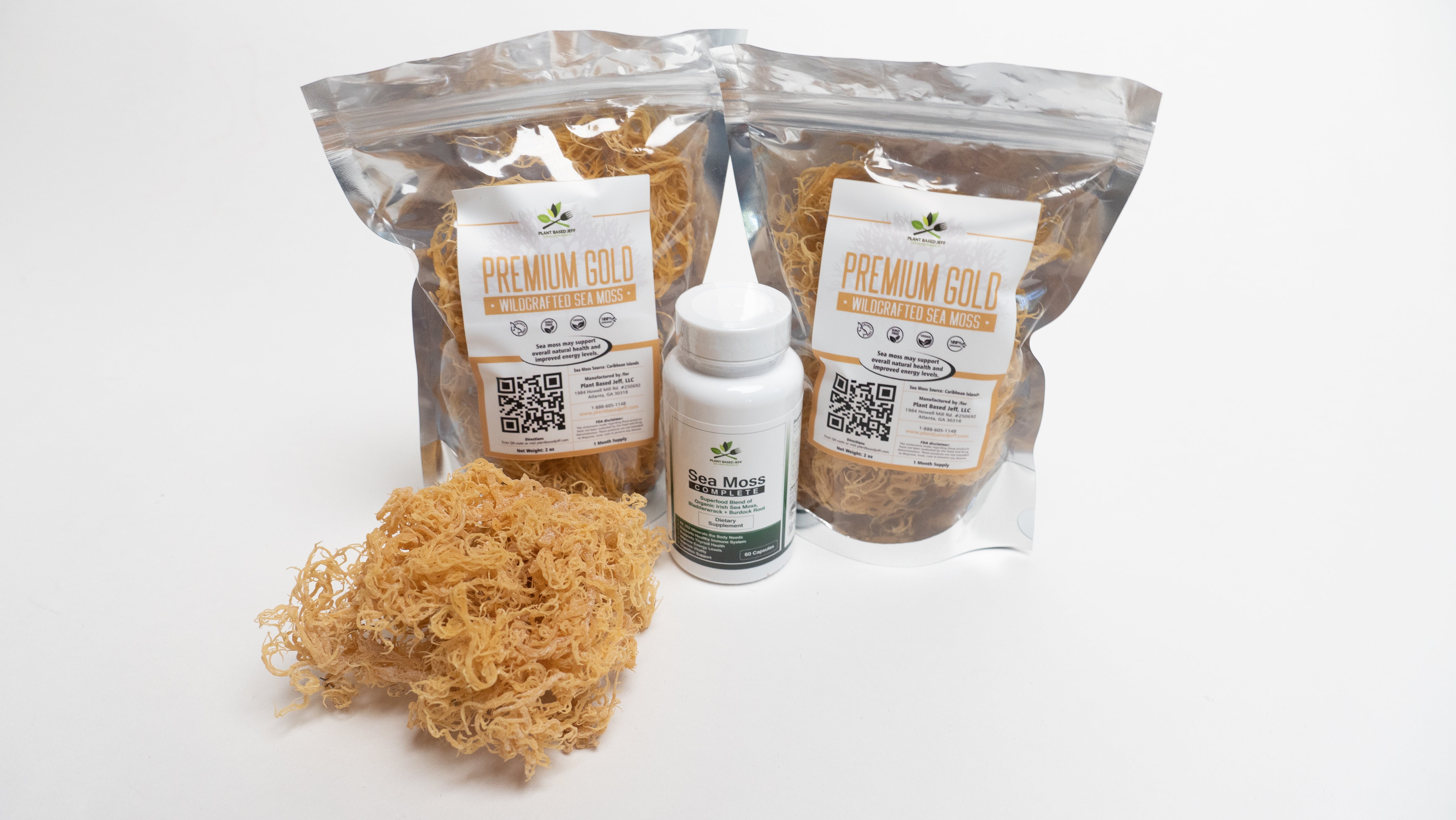
Making the Switch to a Plant-Based Diet for Better Health
Plant-based diets have grown more popular in recent years for a good reason. It has been shown that this eating strategy can help prevent heart disease.
A vegetarian diet primarily consists of foods derived from plants, including fruits, vegetables, grains, and nuts. Some vegetarians are ovo-lacto vegetarians who consume dairy products and eggs. In contrast, plant-based diets are slightly different.
What Does It Mean to Eat Just a Plant-Based Diet?
Other vegetarians are vegan, meaning they eat only plant-derived foods. Some diets are primarily plant-based, while others heavily rely on plants as a source of protein.
A plant-based diet is entirely devoid of any foods of animal origin, including not only red meat, eggs, and milk but also honey. Most plant-based person also avoid wearing or using animal products like leather and fur.
A plant-based diet can be a type of vegetarian diet or vegan diet that focuses on eating many raw or cooked vegetables. Such a diet can be nutritionally complete if it contains sufficient calories and protein -- not all plant-based or vegan diets supply enough calories to maintain a healthy weight.
Are Plant-Based Diets Scientifically Sound?
Plant-based diets rely on the quality of their ingredients. Processed foods such as potato chips, cookies, cakes, and pies are linked to a higher risk of heart disease because they are nutrient-poor, highly processed concoctions that contain high levels of sugar, sodium, and harmful fats.
A plant-based diet has been proven to positively impact your weight and mood, heart health, cancer prevention, and even your risk of developing dementia and other cognitive issues. It may be the answer for anyone looking to improve their general health or mood. You may be surprised at how good you feel after adopting this new eating method.
Reasons Why Plant-Based Diets Seem to Improve Heart Health
Certain amino acids in higher concentrations in plant proteins, such as arginine, might contribute to better blood vessel function through nitric oxide production. Soluble fiber, healthful fats, and other naturally occurring components of plant-based diets might help to maintain cardiovascular health.
Plant-based diets have been shown to help reduce the chance of developing heart disease and diabetes, as well as certain forms of neurodegeneration.
Transitioning to a Plant-Based Diet
If choosing to switch to a plant-based diet, you can obtain the protein you need through eggs and plant-based sources such as nuts, seeds, and legumes. These include tofu, tempeh, and seitan.
Nuts, seeds, and legumes are also good sources of fibers. Include lots of leafy green vegetables as these are naturally low in calories. Eating a plant-based diet is an easier way to maintain your health. It's better for your heart than an animal-based diet.
Conclusion
It’s simple to understand why so many people choose a plant-based diet for its overwhelming advantages to one’s health. Given the quantity of data and research for its health benefits and the wide variety of meal plans, it seems only logical that more people would want to adopt a plant-based diet. This is why it’s all the rage to health-conscious consumers today.
Plant Based Jeff advocates for plant-based diets by offering the finest sea moss supplements. We are a one-stop shop for all-natural products such as Wildcrafted sea moss, sea moss capsules, e-books, and courses. Shop for sea moss bundles on our website and save 15% by subscribing to our newsletters.



Leave a comment
This site is protected by hCaptcha and the hCaptcha Privacy Policy and Terms of Service apply.